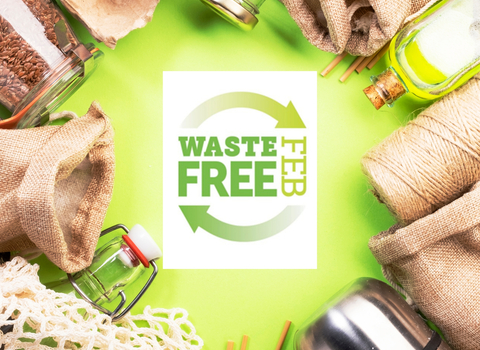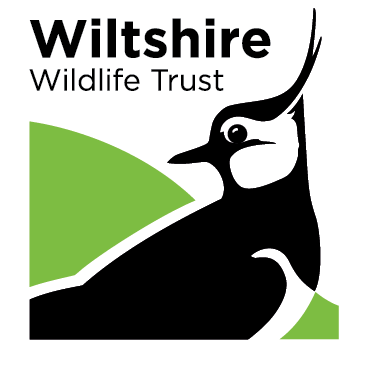Guest blog written by Eddie Bailey - a geologist, organic gardener, and soil food web specialist.
Waste not want not - biocharging composts for better soil health
Recognising we have a problem.
The effects of climate change are there for all to see. Less visible but a topic growing in our consciousness is the degradation of soil health and what that means in terms of food quality and security. In response to such issues, the central government is introducing a ban on the use of peat in amateur gardening from 2024. The Royal Horticultural Society has also announced a ban on peat products from 2025. The organic movement restricts the use of chemical inputs to the bare minimum although some growers avoid them altogether.
Meanwhile, the Wildlife Trusts forge ever onwards in their own 111-year-old visionary efforts to protect, rehabilitate, and reconnect the wildlife heritage of our country, engaging communities and sharing knowledge as core beliefs and actions.
A stroll through the woods and a chance meeting.
The question is, are there synergies to be realized? In other words, can the Wildlife Trusts take a more direct role in helping to restore the health of our cropped soil (garden and allotment but also horticultural and agricultural settings), and in doing so put carbon back in the ground?
WWT Family Members Eddie and Bin Bailey were walking their young, lady Ridgeback through Ravensroost in the early Spring, catching the tail end of the coppicing season. Eddie, being a keen composter, always on the look-out for woodchip, asked a very helpful volunteer if there was any chance of securing some of the unwanted brash. Contact was made with Nick Self, Conservation Lead for North Wiltshire, and a site meeting was arranged where mutually beneficial ideas began to crystallise.
Waste not, want not!
Eddie is also the creator of RhizoPhyllia.co.uk, an RHS award-winning educator in soil health and the soil food web approach to gardening and growing. RhizoPhyllia, based in Royal Wootton Bassett, has been working with Swindon-based, pasture-fed beef farmers and brothers Chris and Andy Rumming (Lydiard Turkeys) to develop biologically charged composts using local materials for local growers. The idea is to avoid the carbon footprint and road miles of large-scale compost manufacturing, maintain bioregionality (recognising the microorganisms in your compost need to be suited to the environment they will be set to work in), and be certain of material quality given the unpredictability of green-wastes.
Some of the microorganisms Eddie has found in healthy soils:
In addition to unwanted brash, WWT surplus low-quality hay has also been discussed.
What better after-use than to convert the wood and hay to microbially-dense, carbon-rich compost and return to the ground to the benefit of food and flowers.
Options and logistics are at an early stage, but it seems to be a win-win and the concept could be feasible across other local Wildlife Trusts. Watch this space!





